Recently, while I was supposed to be counting the number of jeeps serving with the Marine divisions of World War II, I ran into a pair of pieces penned by old friends. Both dealt with ‘operational maneuver from the sea’, the exploitation of a successful landing by rapid, substantial, and decisive overland movement.1
In a classic description of this concept, Russel Stolfi compared the ‘subsequent operations ashore’ that followed the Inchon landing of 1950 to a much more rapid program of overland exploitation that might have been. In particular, he argued that, rather than taking a week to move all of its elements to Seoul, the 1st Marine Division should have employed a motorized detachment to take key points in that city on the day after it came ashore. (Lest the latter fly off into the realm of pure fantasy, Colonel Stolfi based this counter-factual operation on the movements carried out by the 8th Panzer Division in Lithuania and Latvia in the last week of June of 1941.)2
The the maneuver imagined by Stolfi owes much to the concept of the operational level of war. Viewed through the lens of that idea, the railroad junction at Seoul, though which every round of ammunition used by the Communist forces was obliged to pass, was an operational center of gravity. Thus, the detachment sent into the city did not have to take immediate control of the entire conurbation. Rather, all it had to do to fulfill its mission was prevent enemy trains from moving through the intersection.
Oliver P. Smith saw things differently. True to the bipartite division of the art of war into ‘strategy’ and ‘tactics’, the commanding general of the 1st Marine Division viewed Seoul solely as a place of great political importance. In keeping with that presumption, and explicit orders from his superiors, he devoted much time and attention on the two days following the landing to the ostentatious establishment of local governments loyal to the Republic of Korea.
Marvelous to say, the official Marine Corps publication on the subject of operational maneuver from the sea describes the Inchon landing as a ‘classic example’ of enterprises of that type.3 This claim reflects the fact that, while the maneuver was not as maneuverist as it might have been, it nonetheless accomplished the essential service of depriving the North Korean forces south of Seoul of their chief (and, for most practical purposes, only) source of supply. It also accorded with a tendency, begun in earnest in the 1990s, to downplay the role played by German practices, ideas, and examples in the version of maneuver warfare adopted by the Marine Corps.4
For Further Reading:
To Support, Share, or Subscribe:
‘Concept Reconsidered: Operational Maneuver from the Sea’ Marine Corps Compass Points (6 May 2024) and Gary Anderson ‘The Marine Corps That Should Have Been’ Real Clear Defense (4 May 2024)
Russel H.S. Stolfi ‘A Critique of Pure Success: Inchon Revisited, Revised, and Contrasted’ The Journal of Military History (April 2004)
US Marine Corps Marine Corps Concept Paper 1: Operational Maneuver from the Sea (Washington: Government Printing Office, 1996) page 15
The paean to the Inchon landing made its first appearance in a relatively late draft of Operational Maneuver from the Sea. Prior to that, the author of the concept paper (who happened to be a younger version of the author of this post) used the German operation to seize the islands of Saaremaa, Muhu, and Hiiumaa in the Gulf of Riga to illustrate the concept.





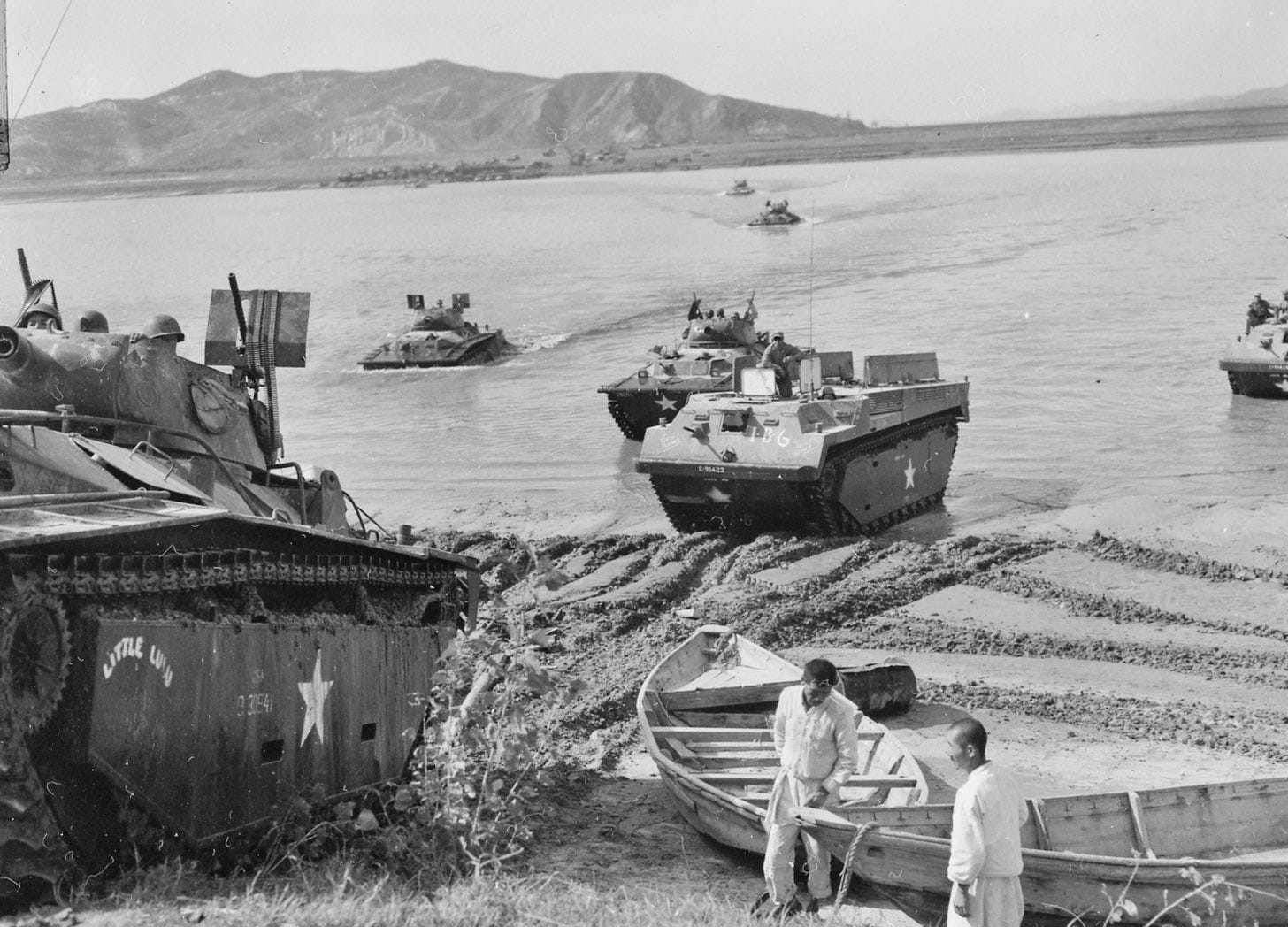
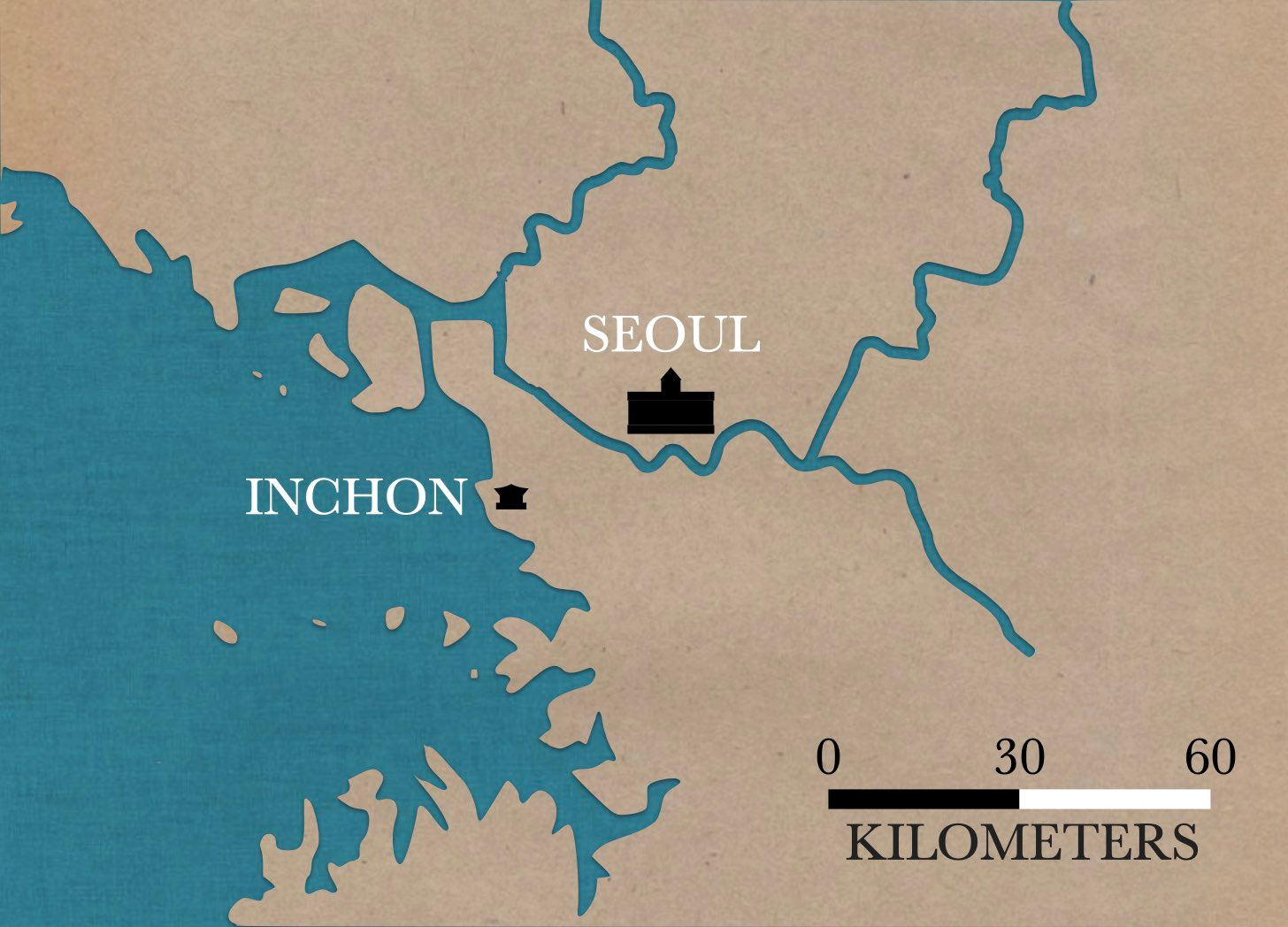
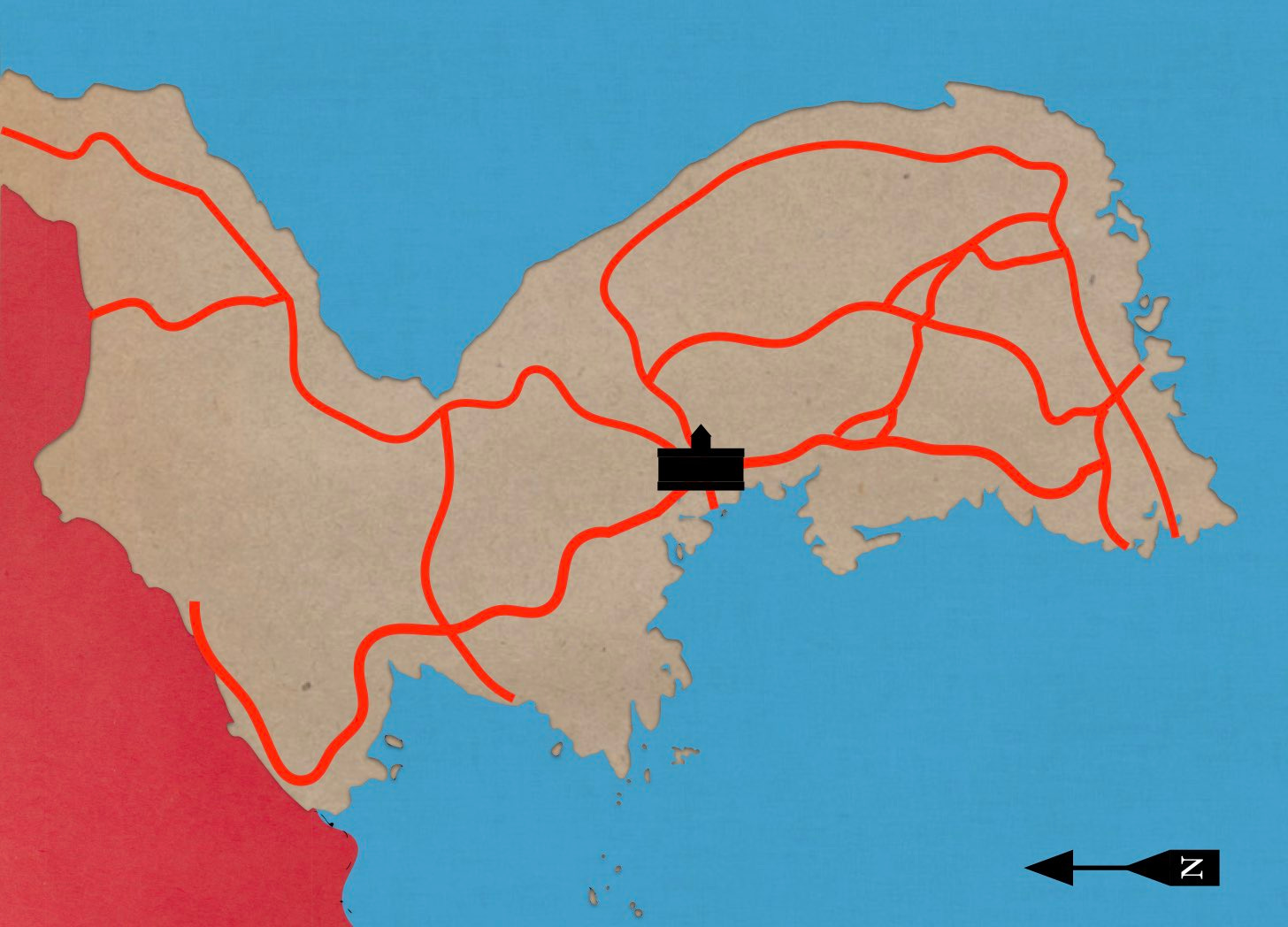
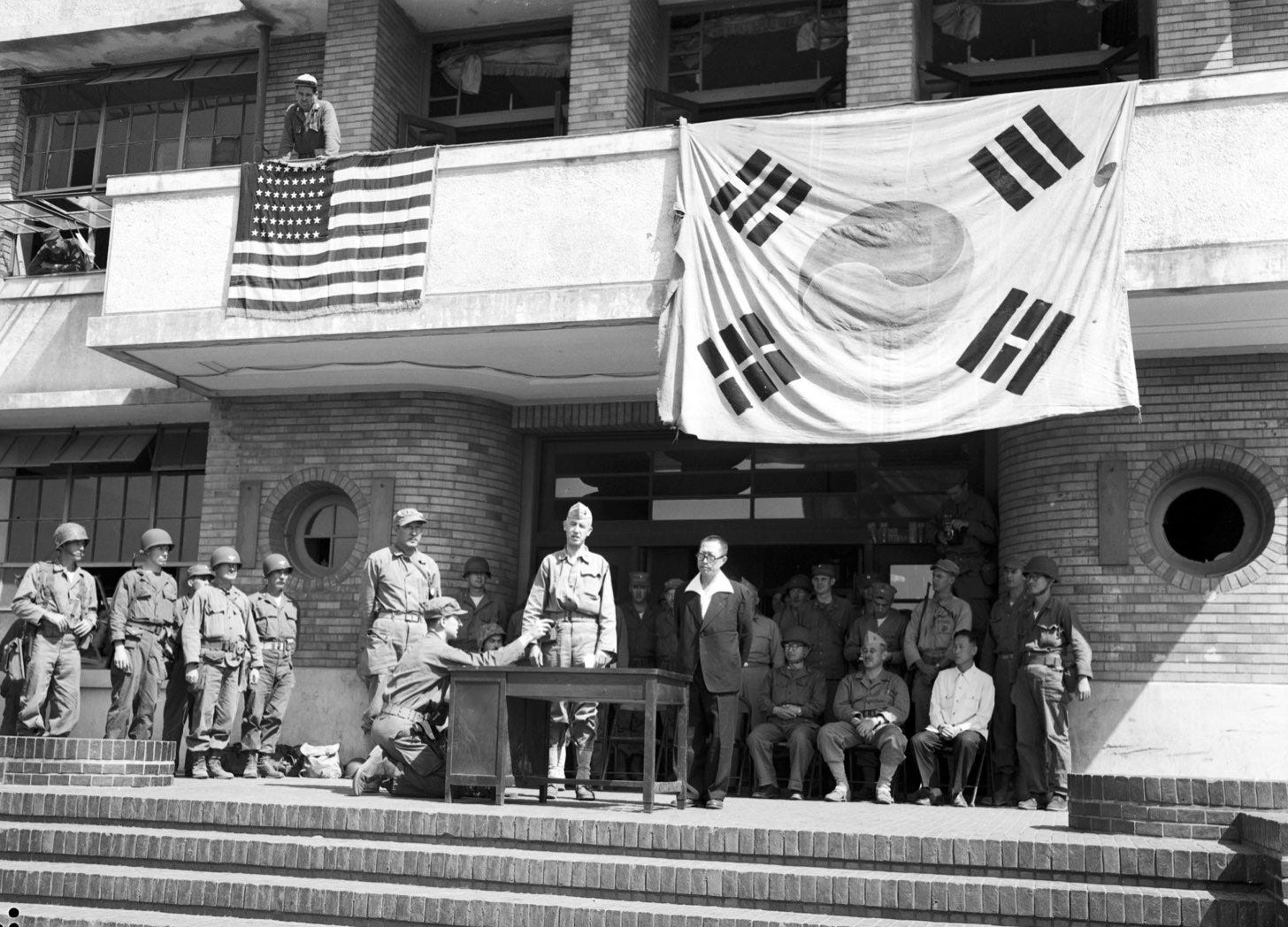
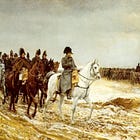
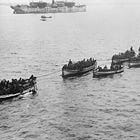
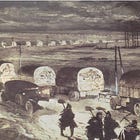
Stolfi’s “Inchon” critique is a great article - required reading for professionals! Our WWII island-centric leaders missed tempo, COG, reconnaissance, and commanders intent. No wonder MacArthur was mad!
On this very road to Seoul, one marine unit walked up the road through another. What occurs asked a Captain of his friend in charge of the… overtaking from behind Company?
“This friend, is passage of lines, Puller Style.”
Answered the other Captain.
Really, what does one want?
I dream of the day I can execute such a … relief on the move.
Who wouldn’t?
I would make it a tactic in the manuals, with the Caveat that one needs well trained troops and an entire corpus of leaders who know each other well.
“MARINE!” The authorized Biography of Chesty Puller.